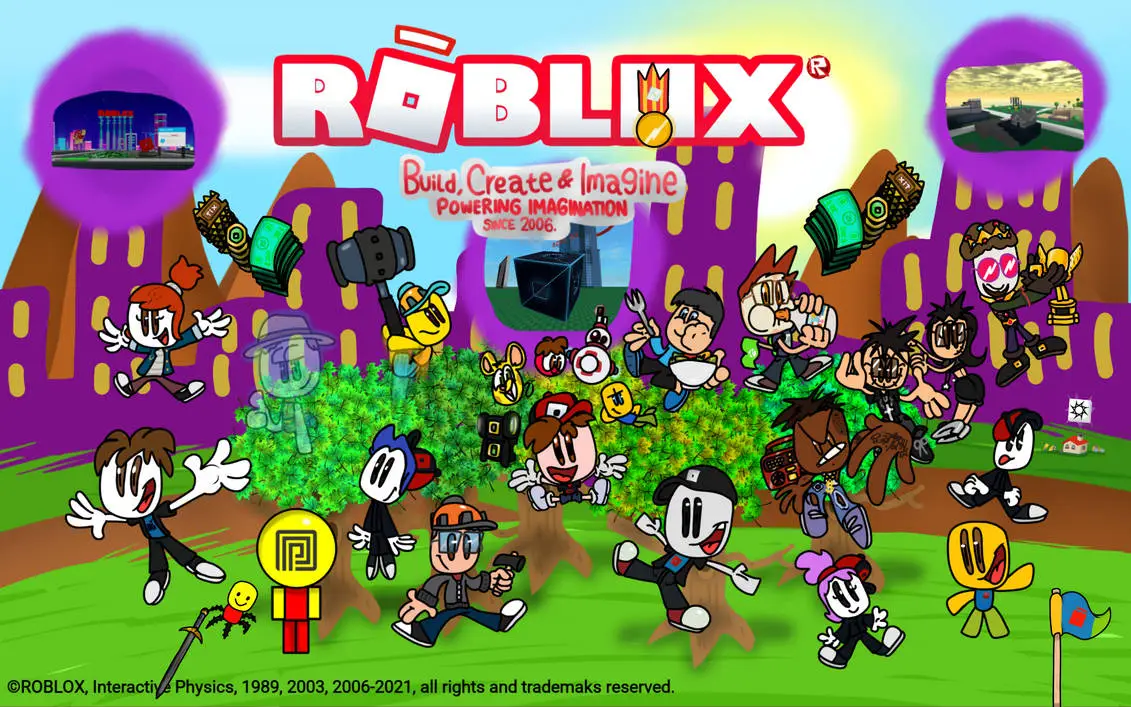
Image by OfficialDeviantOacus, from Deviant Art
Turkey Bans Roblox, Following Instagram Ban
Türkiye Today reported on August 7 that Turkey has banned Roblox amid concerns over inappropriate content. This move follows a nationwide block on Instagram and has intensified discussions on digital freedom and content moderation in the country.
The local media’s article reports that the ban was primarily driven by concerns over inappropriate sexual content on the platform. Authorities viewed this content as exploitative towards children. The article also highlights additional issues that contributed to the decision.
These include claims that Roblox hosted virtual parties promoting pedophilia. It was also reported that “robux,” the platform’s virtual currency, was being distributed by bot accounts to involve children in these activities. Furthermore, there were concerns about the presence of gambling sites and their predatory tactics.
The official noted significant challenges in monitoring and regulating content on Roblox, which further influenced the decision. An investigation by the Adana Chief Public Prosecutor’s Office into these matters ultimately led to the nationwide restriction.
This ban was implemented a week after Turkey blocked access to Instagram on August 2. Al Jazeera reported that the ban follows comments made by Fahrettin Altun, the communications director for the Turkish presidency. He criticized the Meta-owned platform for blocking condolence posts related to the assassination of Hamas leader Ismail Haniyeh.
According to Al Jazeera, Altun described the action as “censorship, pure and simple,” pointing out that Instagram had not provided any reasons for its decision. He asserted, “We will continue to defend freedom of expression against these platforms, which have repeatedly shown that they serve the global system of exploitation and injustice.”
As Turkey implements its ban on Roblox, the move continues to fuel debates on digital governance and the balance between online safety and freedom of expression. The recent actions against both Roblox and Instagram reflect broader tensions surrounding content moderation policies and government oversight.


 Previous Story
Previous Story

 Latest articles
Latest articles 

Leave a Comment
Cancel